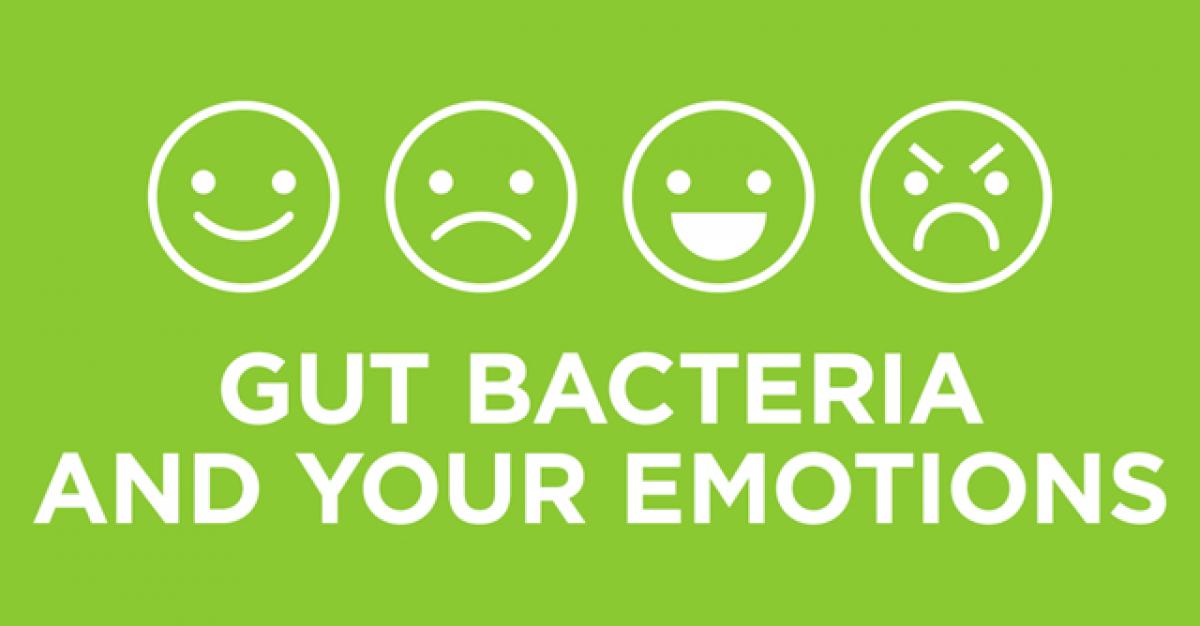Gut bacteria can trigger depression

Gut bacteria can trigger depression. Intestinal bacteria play a key role in inducing anxiety and depression that can lead to early life stress, scientists from McMaster University in Canada have discovered.
Intestinal bacteria play a key role in inducing anxiety and depression that can lead to early life stress, scientists from McMaster University in Canada have discovered.

“We have shown for the first time in a mouse model of anxiety and depression that bacteria play a crucial role in inducing this abnormal behaviour," said Premysl Bercik, associate professor of medicine with McMaster University's Michael G. DeGroote School of Medicine.
“It is not only bacteria but the altered bi-directional communication between the stressed host -- mice subjected to early life stress -- and its microbiota that leads to anxiety and depression,” he explained.
In this study, researchers subjected mice to early life stress. Newborn mice were separated for three hours each day from their mothers and then put back with them. Mice with complex microbiota, which had been maternally separated, displayed anxiety and depression-like behaviour, with abnormal levels of the stress hormone corticosterone.
These mice also showed gut dysfunction based on the release of a major neurotransmitter called acetylcholine. Then, they repeated the same experiment in germ-free conditions and found that in the absence of bacteria, mice which were maternally separated still have altered stress hormone levels and gut dysfunction.
“Neonatal stress leads to increased stress reactivity and gut dysfunction that changes the gut microbiota which, in turn, alters brain function," Bercik noted in a paper published in the journal Nature Communications.
The data show that relatively minor changes in microbiota profiles or its metabolic activity induced by neonatal stress can have profound effects on host behaviour in adulthood.














